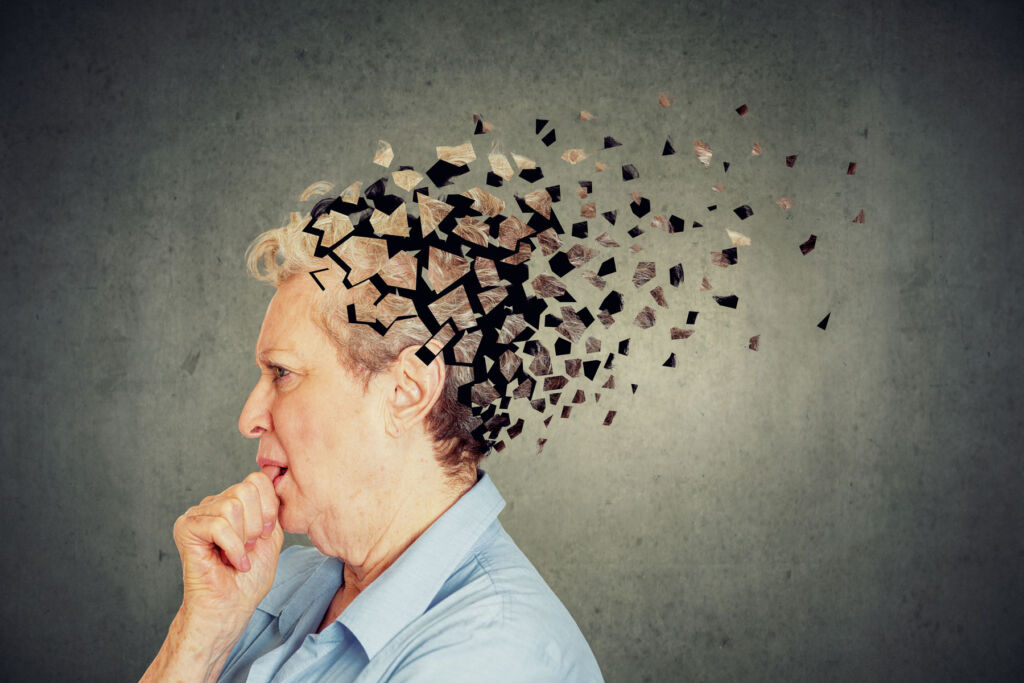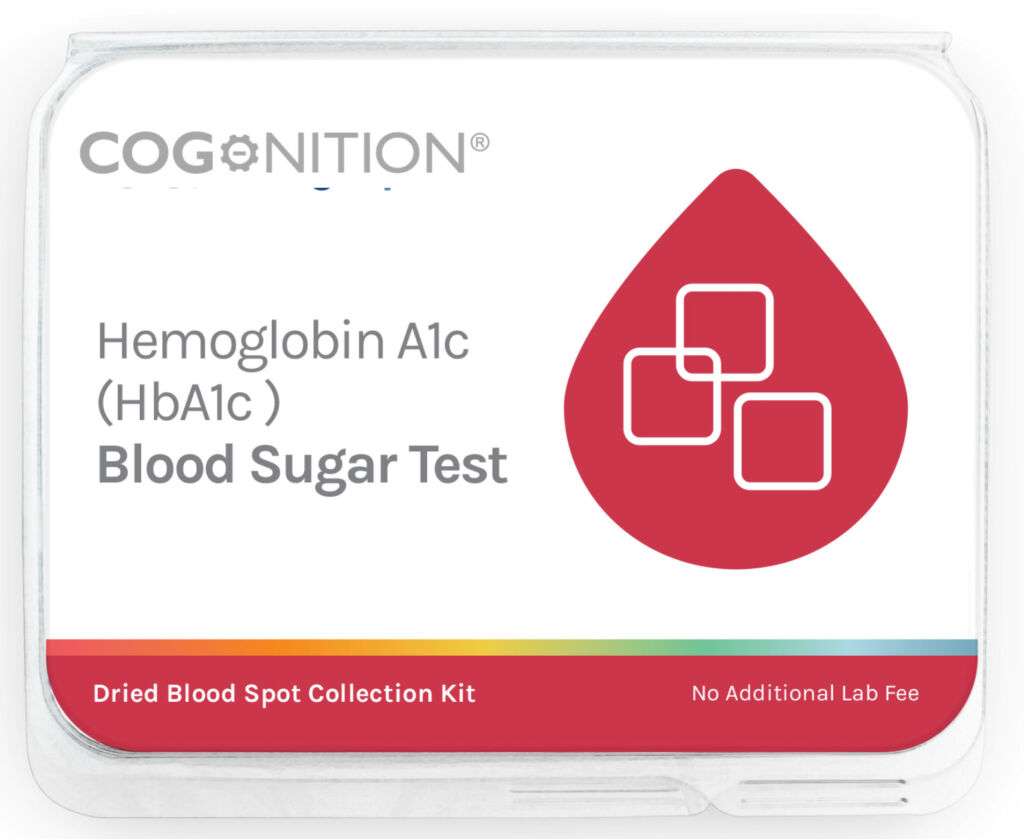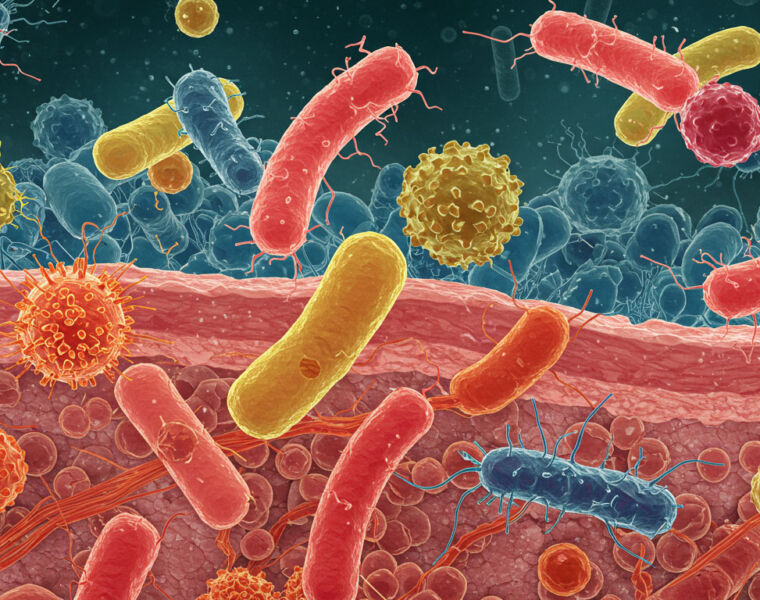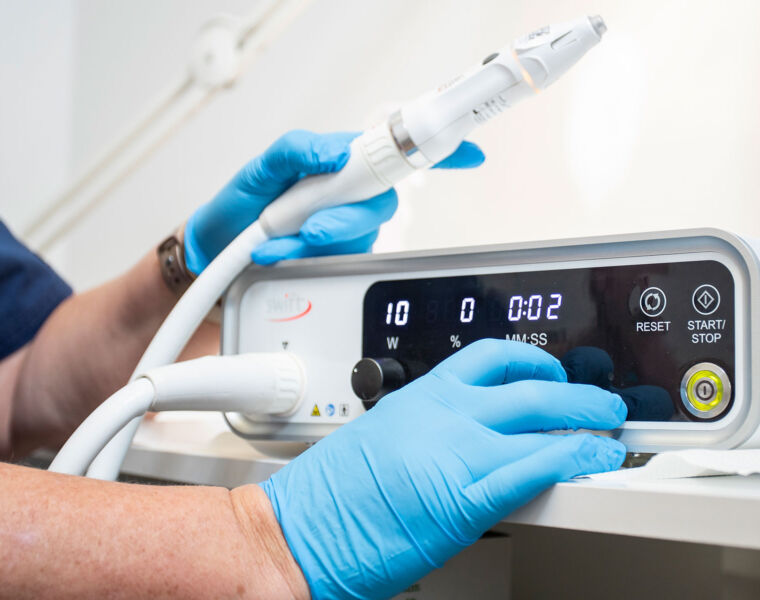
It’s common knowledge that consuming too much sugar is harmful to health, and what might surprise some is its negative impact extends much further than adding inches to one’s waistline and rotting teeth. In this health feature, we look at the recent research, which reveals the harm it can inflict on the brain and memory.
In the 1980s, sugar was thought to give you extra energy. Energy drinks such as Lucozade, a liquid form of glucose, were advertised as ‘energy for the human race.’ Yet, new studies are showing that too much glucose, and especially fructose, over time starves the brain of energy, leading to both memory loss and brain shrinkage.
These two sugars interfere with the energy factories within cells, called mitochondria, and deprive the brain of the energy it needs to function properly.
The link between diabetes and dementia is well known – those with diabetes have four times the risk of dementia.
Haemoglobin A1c (HbA1c) is a long-term measure of glucose bound to red blood cells (haemoglobin) and is used by doctors to diagnose diabetes and monitor its therapy. HbA1c is a measure of damage produced by sugar spikes on red blood cells; an HbA1c of 6.5% or greater is diagnostic of diabetes.
But long before this, in what is usually considered to be the ‘normal range’, teenagers with HbA1c above 5.4% show cognitive decline and shrinkage of the hippocampus in the central area of the brain compared to those with lower HbA1c levels.[1]

Shrinkage of the hippocampus is the hallmark of Alzheimer’s and is used to diagnose the disease. A new study shows that 40-year-old adults with so-called normal glucose levels, but at the higher end of the normal range, have increased their risk of Alzheimer’s by 15%.[2]
Furthermore, “In teenagers with raised, but normal levels of HbA1c, there is clear evidence of the same kind of memory problems and the same areas of brain shrinkage seen in patients with Alzheimer’s Disease,” says Robert Lustig, Emeritus Professor of Pediatrics at University of California, San Francisco.
“Keeping your HbA1c below 5.4% with a no-added-sugar diet and, for some, a low-carbohydrate diet is one of the most direct ways you can protect your brain at any age,” says Lustig.
The dementia prevention charity foodforthebrain.org has launched a home pinprick blood test to measure HbA1c.

“Insulin resistance, the direct consequence of too much glucose in the bloodstream, ends up leading to mitochondrial dysfunction, starving the brain of energy with consequent loss of concentration and memory.” says nutritionist and psychologist Patrick Holford, CEO of the charity.
“We are calling for people to test their cognitive function with our free online test and measure their HbA1c with a home test kit, so we can really find out when problems occur and how to prevent cognitive decline.”

Over 400,000 people have taken the charity’s free online cognitive function test, which tells you your future dementia risk and what to do to lower it.
Professor Robert Lustig thinks the problem got even worse when the food industry switched from sucrose, derived from cane, to high-fructose corn syrup, derived from corn; “High-fructose corn syrup is not more biologically evil; it’s economically evil because it’s half the price of sucrose, so it found its way into all sorts of foods.”
“Too much fructose is dumbing us down. It’s also linked to aggressive behaviour…
The key message is to test HbA1c early if it is over 5.4% and act to bring it down by cutting right back on foods and drinks with added sugar, including carbohydrate-rich foods such as bread, rice, pasta, potatoes, and especially fruit juice. Nature never provides fructose without the requisite fibre. When God made the poison, he packaged it with the antidote. Eat your fruit, don’t drink it.” says Lustig.
References
- Brain Shrinkage in Adolescents
Yau PL, et al. Obesity and metabolic syndrome and functional and structural brain impairments in adolescence. Pediatrics. 2012 - Mildlife Glucose Increasing Alzheimer’s Disease Risk
[1] Zhang X et al. Midlife lipid and glucose levels are associated with Alzheimer’s disease. Alzheimers Dement. 2023 - Background on Sugar and Dementia
foodforthebrain.org/eat-a-low-glycaemic-load-gl-diet/ and foodforthebrain.org/is-sugar-killing-your-brain/ - [1] Yau PL, et al. Obesity and metabolic syndrome and functional and structural brain impairments in adolescence. Pediatrics. 2012
- [2] Zhang X et al. Midlife lipid and glucose levels are associated with Alzheimer’s disease. Alzheimers Dement. 2023
Read more health guides and features here.
![]()




You must be logged in to post a comment.